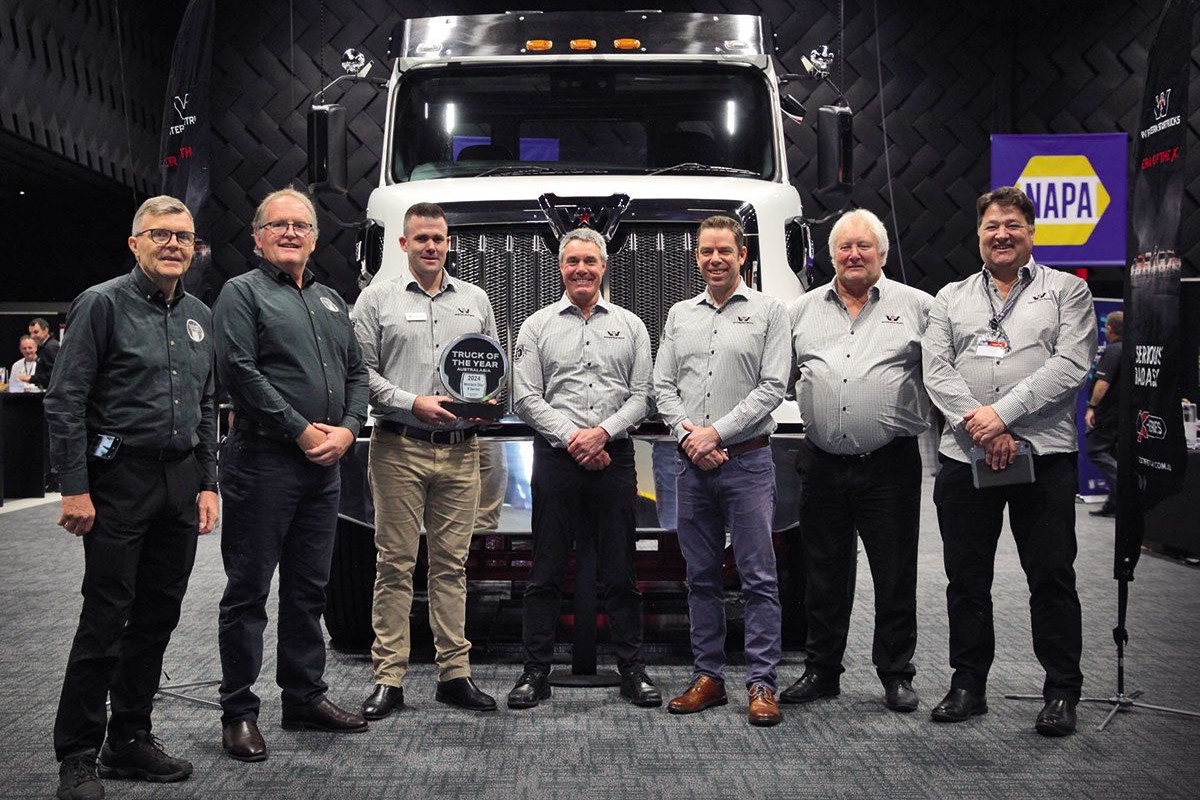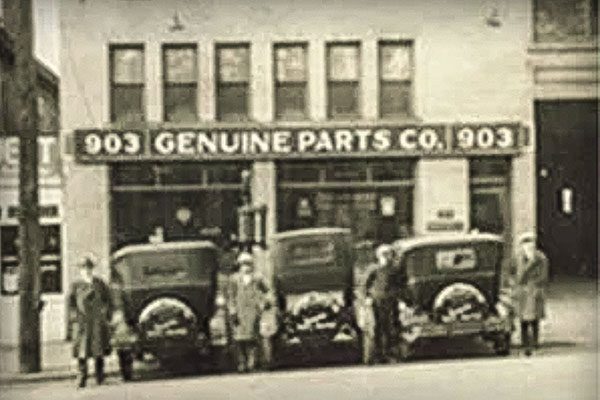Effectively investing a billion

While Alexander Vlaskamp, CEO of MAN Truck & Bus, was on a brief visit to Vienna, Florian Engel took the opportunity to pick his brain about the looming introduction of Euro-7.
The challenges facing the commercial vehicle industry are not getting smaller. The current topic is the double burden posed by the energy transition and the additional efforts to introduce Euro-7. What is your position on this?
You are right – the demands placed on us by the politicians are extremely high. In the Traton Group alone, introducing Euro-7 would mean investments of about €1 billion ($1.8 billion). This €1 billion could be used much more effectively to advance CO2 neutrality. Specifically, this money should be invested in developing new battery and hydrogen technologies.
These are gigantic sums. But what would a move to Euro-7 mean for individual customers?
We anticipate an additional cost of €14,000 to €20,000 ($25,000 to $36,000) for our customers compared to today’s Euro-6 vehicles. This is primarily due to the very expensive technology and the disproportionate effort required to reduce particles and NOx further. In addition, there are the monitoring requirements, which, in turn, necessitate a multitude of sensors throughout the entire exhaust system.
We agree this dual strategy by the EU is perplexing. Is the June 2027 deadline even achievable?
Absolutely right. We still do not have final specifications for Euro-7 today. This means it will be even more challenging for us in development. It would be very tight to meet the deadline, and we will certainly not have all variants and applications available from the start. We have already announced that we will no longer introduce Euro-7 in the city bus sector. Here, we are exclusively focusing on battery-electric drives. It is not surprising that many European countries are already positioning themselves against Euro-7. A much more effective solution would be to convert half of the European fleet still operating with Euro-5 or less to Euro-6.
Regarding battery-electric drives, what is MAN’s general roadmap?
Currently, we are investing €150 million ($251 million) in a battery plant in Germany. One thing is clear – the push for batteries will come with emission trading, which will also encompass transport companies. From 2025, our new generation of batteries will bring even more range with greater density.
Electromobility has long been a reality for us. We will deliver 900 eBuses this year alone, primarily to Scandinavian countries, but we have also entered into a framework agreement with ÖBB (Austrian Federal Railways). The larger plan envisions offering full-electric intercity and low-entry vehicles from 2026/27. We will start in the coach segment from 2028. Our electric trucks will benefit from this experience. The pre-series production starts next year, and true series production begins in 2025.
Florian Engel is editor-in-chief of the German publication 1TRUCK, and a member of the International Truck of the Year jury.
Read more
All the horses in the race
0 Comments6 Minutes
Stars with the X-factor
0 Comments8 Minutes
Next-level electric
0 Comments12 Minutes





